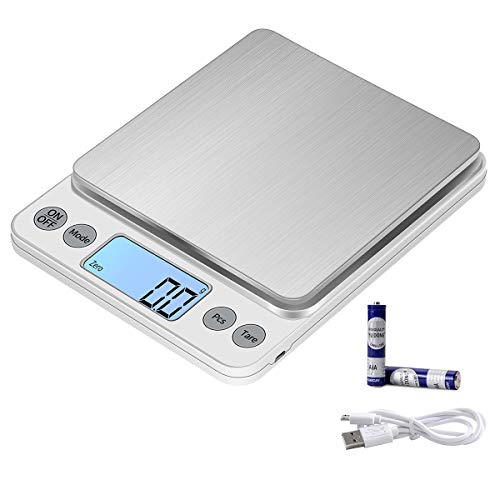I've been checking out the company that I originally found when looking for an alternative to chemical shampoos that were so irritating. Their shampoo bars are what got me into soap making.
All their soaps and shampoos are lye based using CP or HP methods. They are a huge company now having worked up from being a tiny home business but still hand make their soaps in small batches with all natural ingredients.
They sell loads of shampoo bars all over the UK, and I and many others have used them for years with no ill effects.
Do you think the problems noted above come from mistakes in the manufacturing due to lack of testing and regulations? In the UK every process and recipe has to be assessed, safety certified and then stuck to rigourously. As well as being insured. I'm quite sure that recipes for lye based shampoo bars would not be approved if they tested unsafe for purpose.
I don't see any extra ingredients in there other than oils and essential oils so nothing that would reduce the pH so that's the only thing I can think of.
Here is a link to their site. You can check out their claims and ingredients and see if I've missed anything.
https://www.funkysoapshop.com












































